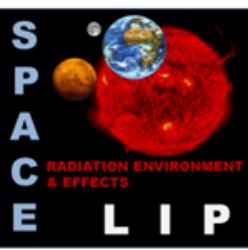Space exploration is a natural area of application of particle physics technologies, especially in what concerns radiation detection instrumentation and the modeling of complex processes involving the interaction of radiation with matter. Over the last decades, LIP became a recognized partner in the space community. LIP is today a partner of the European Space Agency (ESA) in several planetary missions and consortia for the development of scientific instruments.
Areas of Activity
The key issues for the SpaceRad Group activities are the following:
Space Radiation Environment Modelling
Radiation transport and interaction simulation of particles/radiation through matter with the Geant4 simulation toolkit, based on physical data from planetary and interplanetary missions and state of the art planetary models.
Radiation Monitors for Space Missions
Design and Optimisation of radiation monitors for future missions, in particular in type 3 and 4 instruments, providing housekeeping and scientific data.
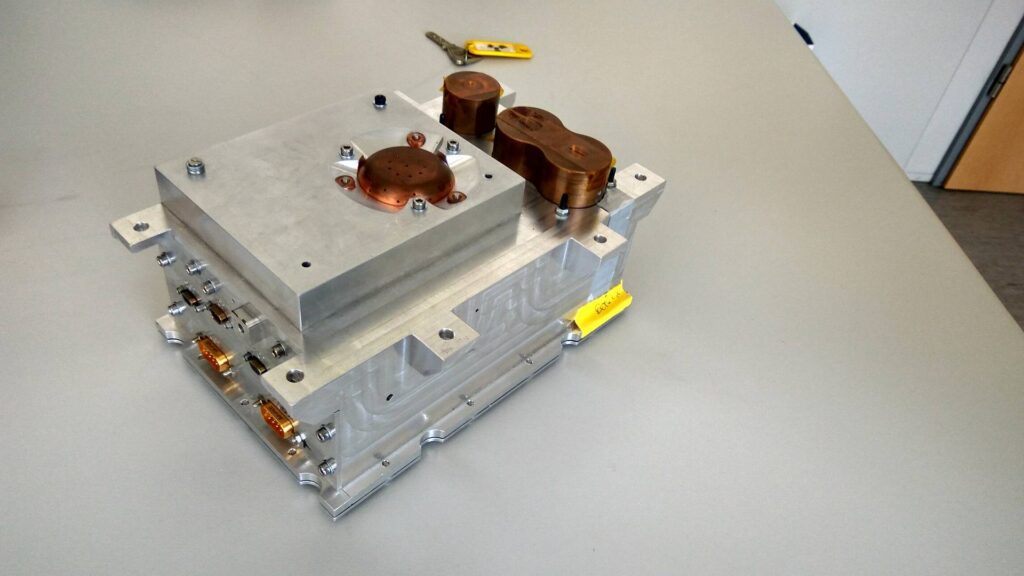
Developed by LIP, Paul Scherrer Institute (Switzerland), EFACEC SA (Portugal) and IDEAS (Norway).
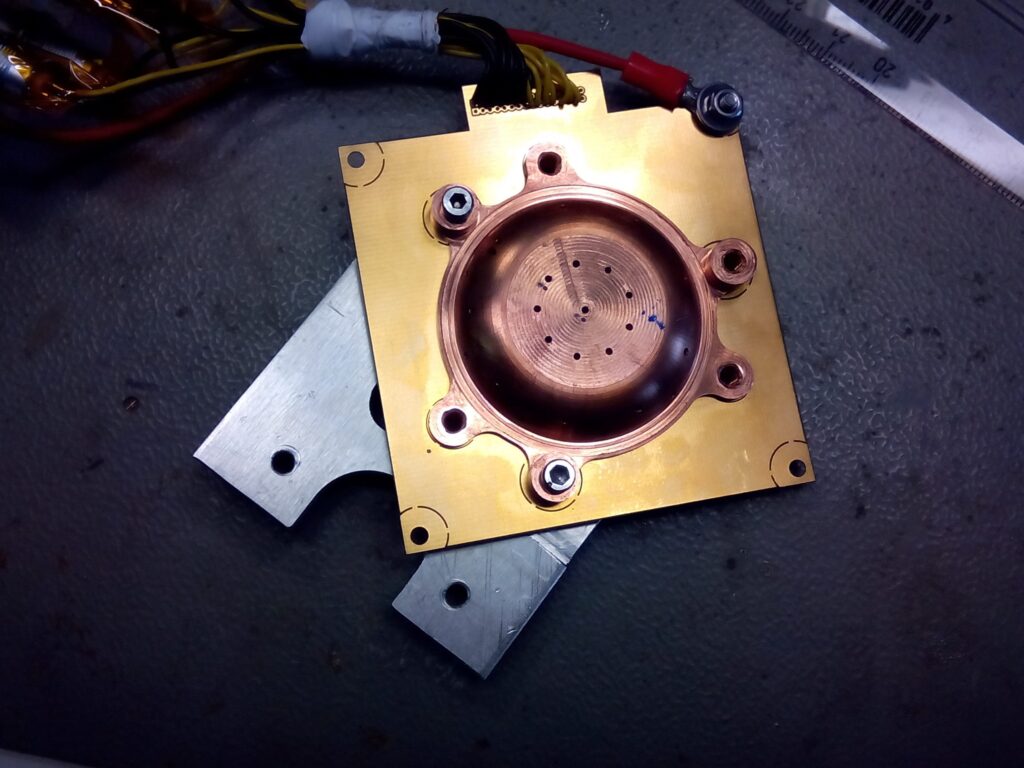
Designed in LIP together with Paul Scherrer Institute (Switzerland), EFACEC SA (Portugal) and IDEAS (Norway).
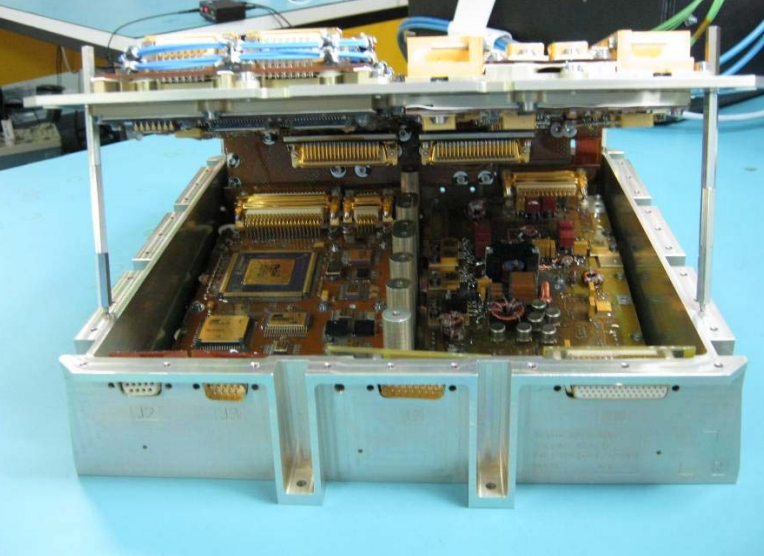
Devoloped by EFACEC SA and EVOLEO SA.
LIP is responsible for data analysis
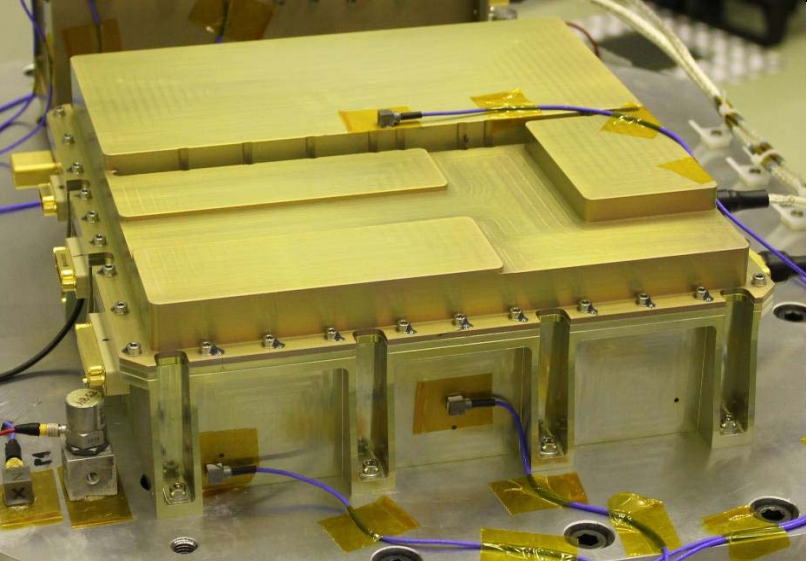
Devoloped by EFACEC SA and EVOLEO SA.
LIP is responsible for data analysis
Radiation effects in EEE components
Modeling radiation effects in EEE components.
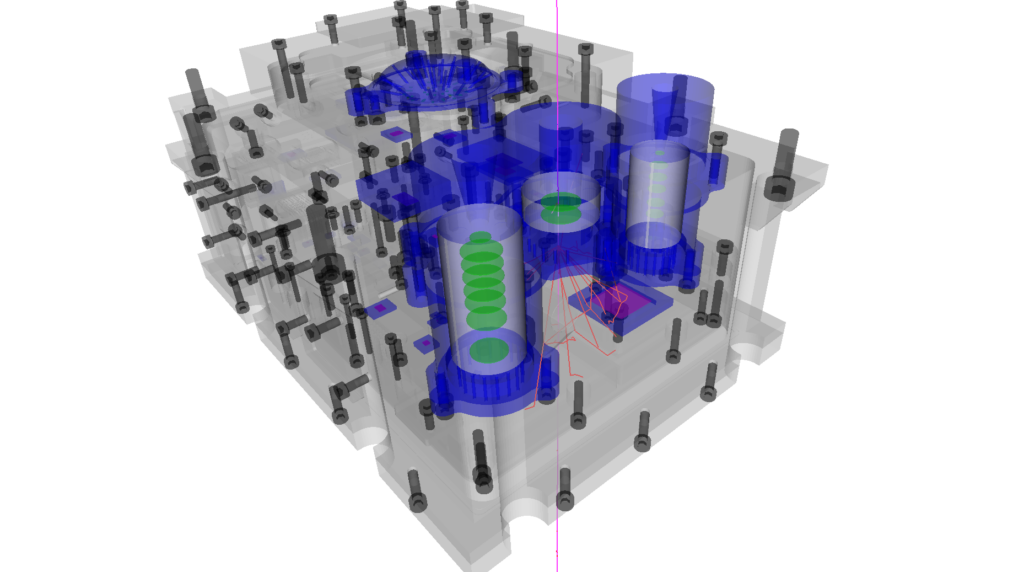
Radiation testing and Data Analysis
Calibration of RADFETs and analysis of calibration data EEE component TID testing and verification.
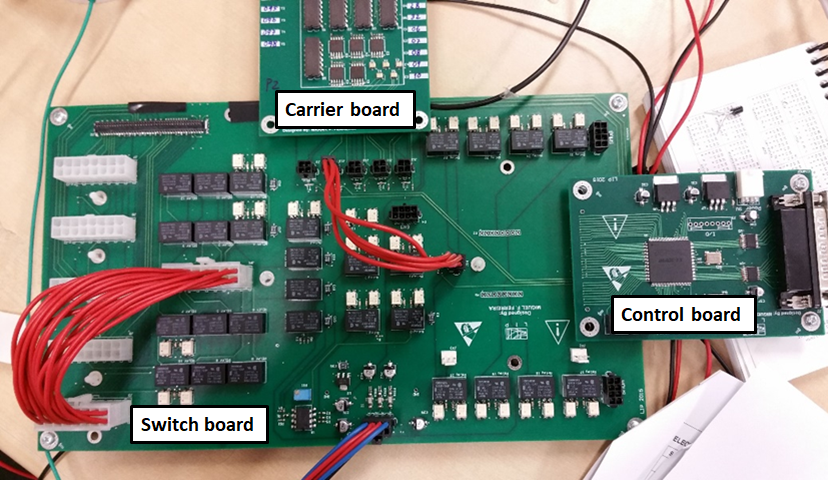


Development of an idea @LIP Space group explained in 2 minutes
Development of a directionality detector for RADEM, the Radiation Hard Electron Monitor aboard the JUICE Mission

